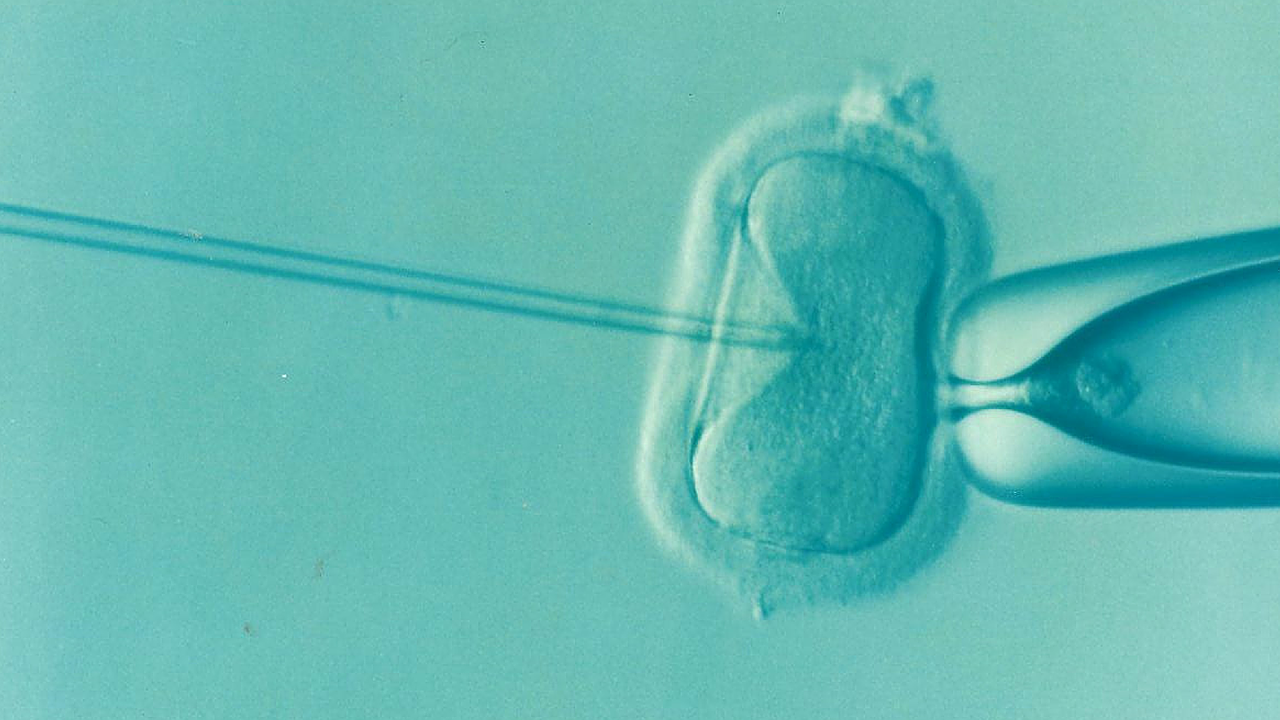On April 1, 2025, The New York Times published a profile of Noor Siddiqui, the founder of a healthcare startup aiming to “reinvent reproduction.” The profile's cover featured an image of a baby next to a sign indicating the child had been screened for gender and health using in vitro fertilization (IVF). Although IVF has traditionally offered a solution for those unable to conceive naturally, Ms. Siddiqui envisions a future where all humans are conceived in vitro and subsequently screened for gender, genetic predispositions such as obesity or autism, and other characteristics. She asserts that this approach prioritizes infant health, remarking, “Sex is for fun, and embryo screening for babies,” and adding that “it’s going to become insane not to screen for these things.”
Login to read more
Sign in or create a free account to access Subscriber-only content.
Topics:
